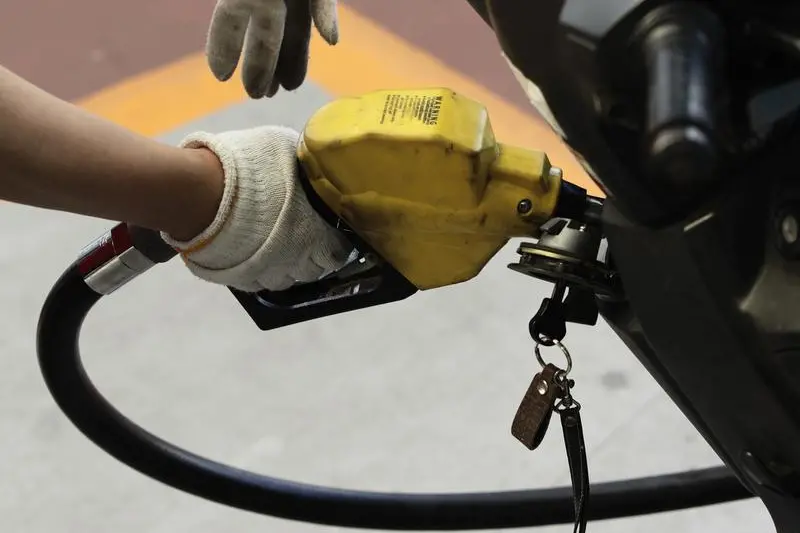PHOTO
Egypt needs to rationalise its consumption of energy while improving the production of fuel products, reports Niveen Wahish.
Managing demand for fuel and improving the production of energy products is central to the Ministry of Petroleum's strategy to bridge the growing gap between the demand and supply of energy in Egypt.
In 2011-2012, Egyptian oil production stood at 81 million metric (mm) tons. At that time, demand had reached 72 mm tons. Since fiscal year 2013-2014, production has been much lower than demand, at 67 mm tons compared to 78 mm tons, respectively. These figures include the share of the Egyptian government as well as of the foreign partner concerned, Minister of Petroleum Tarek Al-Molla told members of the American Chamber of Commerce in Cairo this week.
If business continues as usual, he said, demand will reach 100 mm tons and production will drop to 46 mm tons by 2021. But the ministry has a plan to bridge that gap, reducing consumption to 85 mm tons and increasing production to 82 mm tons, the minister said.
To manage consumption, Al-Molla reiterated the government's intention to move forward with cuts in energy subsidies over the next five years, although he said it was difficult to specify a date for a second reduction. The first subsidies reduction was implemented in July 2014.
Al-Molla said that the decline in oil prices internationally has helped decrease the government's subsidies bill from LE76 billion in 2014-2015 to LE56 billion in the current fiscal year. But he recognised that it is better to tackle the subsidies issue now when oil prices are low, rather than wait until they increase by which time the problem will be bigger.
The government currently subsidises diesel by around 50 per cent, gasoline by 19 per cent, liquefied gas by 21 per cent and mazot (liquefied fuel) by 11 per cent. Al-Molla said that while the production cost of fuel products is LE173 billion, the fuel is sold for LE108 billion, while its value on the international market is LE323 billion.
To boost production he said the government will work on new concessions and deepwater and unconventional developments, as well as develop new business models, adding that there should be acceleration in the development of oil and gas discoveries.
He added that the government is working hard to repay its arrears to foreign partners, which are down by over 50 per cent to $3 billion, compared to $6.5 billion in 2011-2012. Foreign partners are not fleeing the Egyptian market, he said, and last year invested $7 billion in Egypt.
Al-Molla said that within the framework of ongoing projects production will increase to six billion cubic feet (bcf) of natural gas per day over the next five years. Today, production stands at four bcf/day, and the amounts being added will compensate for any decline in production as a result of wells reaching maturity before their production starts to decline.
"By 2020-2021, production will be a little above five bcf/day," Al-Molla said, adding that the developments will cost some $35 billion in investment.
One of the new developments is the Zohr Field with the Italian company Eni. According to Al-Molla, an agreement has been reached with Eni for gas from the field to come on line in two years, as opposed to the usual six to eight years often needed for the development of such fields.
"Production is scheduled to begin in 2017 and reach full capacity by 2019," he said. The rig that will carry out this task arrived at the site in December 2015 and has already started production. The development will cost some $12 billion in investment and an additional $16 billion throughout the lifetime of the field.
© Al Ahram Weekly 2016





















